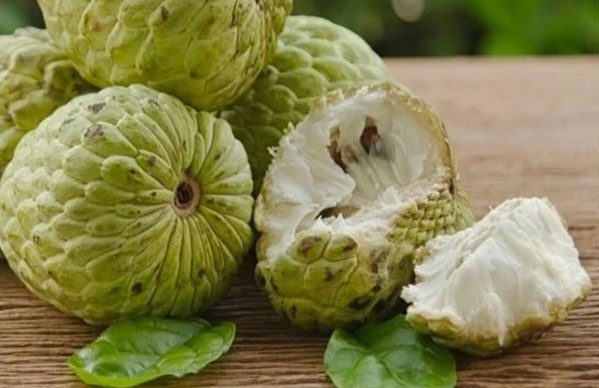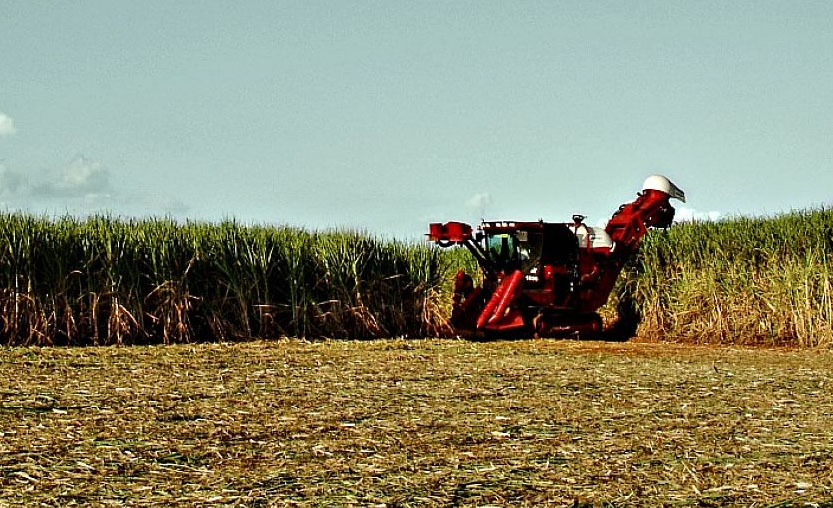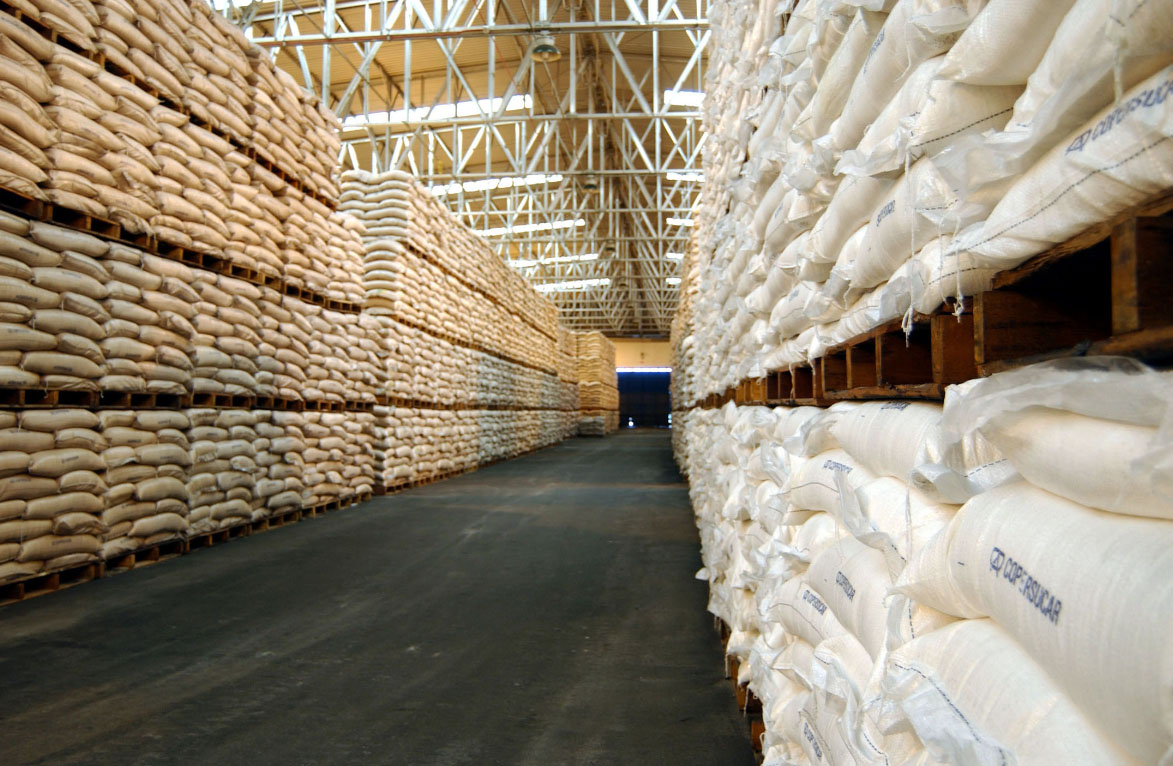Brazil is
renowned worldwide for its sugarcane production and the sweet delights it
yields. But amidst the sugarcane fields, there’s another sweet story to uncover
– that of sugar beets. These humble, white-rooted vegetables have been quietly
thriving in the Brazilian soil, offering an alternative source of sweetness and
introducing a unique flavor profile to the nation’s culinary repertoire. In
this blog post, we’ll explore the fascinating world of sugar beets in Brazil,
delving into their cultivation, significance, and their role as an alternative
sweetener in a nation famous for sugarcane production.
Sugar Beets
in Brazil: A Growing Presence
Cultivation
and Growth
Sugar beets
are cultivated in various regions of Brazil, particularly in the southern states.
Brazil’s diverse climate and soil conditions have proven suitable for sugar
beet cultivation, making it a viable alternative to sugarcane.
Sugar
Extraction Process
Sugar beets
contain high sugar content in their roots. The sugar extraction process involves
slicing the beets, extracting the juice, and then subjecting it to various
purification and crystallization processes to obtain sugar.
Significance
and Benefits
Diversification
of Sugar Sources
The
cultivation of sugar beets in Brazil adds diversity to the nation’s sources of
sugar. While sugarcane remains the primary source, sugar beets offer an
alternative, ensuring a steady supply even in varying climatic conditions.
Flavor
Profile
Sugar from
beets offers a distinct flavor profile. It can have earthy undertones and is
often considered a preferable option for certain culinary applications, such as
baking and confectionery, where its unique taste can enhance the final product.
Sustainability
and Environmental Impact
Water
Efficiency
Sugar beet
farming can be more water-efficient compared to sugarcane, which is an
essential factor in regions with limited water resources.
Crop
Rotation
Sugar beets
are often used in crop rotation systems, helping improve soil fertility and
reduce the risk of soil diseases, which is a sustainable agricultural practice.
Sweetening
Brazil and Beyond
Sugar beets
in Brazil are more than just a local source of sweetener. They contribute to
the nation’s goal of offering sustainable, high-quality sugar products and play
a role in diversifying the country’s sugar industry. Moreover, sugar beet sugar
is used in various culinary applications, enhancing the flavors of Brazil’s
traditional and modern dishes.
Conclusion
The sugar
beet’s quiet presence in Brazil is a testament to the nation’s agricultural
diversity and adaptability. While sugarcane remains the primary source of
sugar, sugar beets offer a unique flavor profile, an alternative source of
sweetness, and a sustainable solution in regions with varying climate
conditions. They continue to sweeten Brazil’s culinary delights and contribute
to the nation’s agricultural tapestry, showcasing the country’s capacity to
innovate and adapt in the world of sweeteners.






